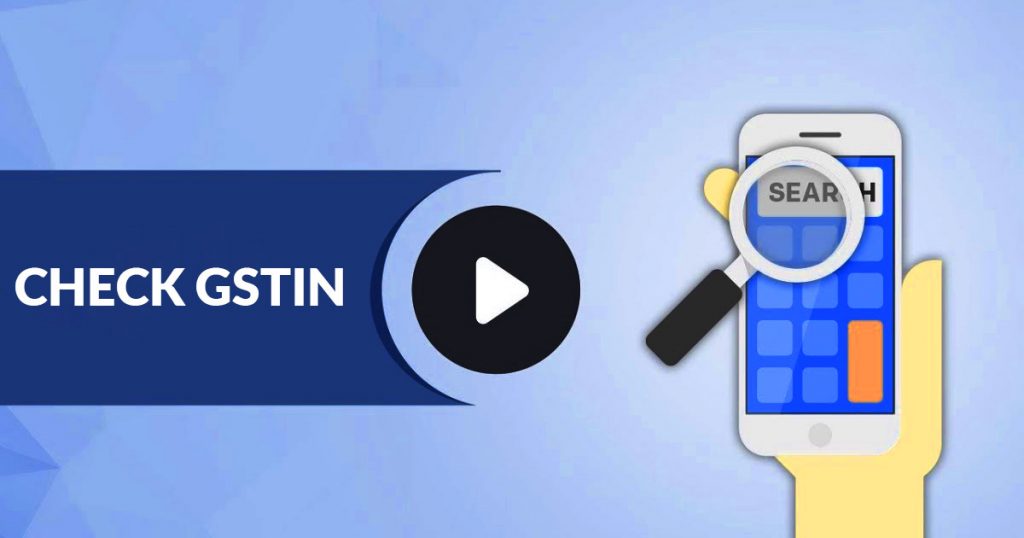
GST officers are trying to figure out a solution for dealing with the B2C entities and small restaurants who are collecting tax from their customers but are not paying it to the government.
This step is being taken because many customers filed the complaints about being charged GST from the small restaurants but instead of paying that GST to the government, they are keeping it in their pocket and they did not even file the GST returns. The complaint is being filed via a mobile app called ‘Iris Peridot’.
The ‘Iris Peridot’ app has been developed by a GST Suvidha Provider which allows the customers to scan the unique GSTIN (Goods and Services Tax Identification Number) of a business and the customers can find out whether the business has filed the returns or not.
The complaints from the customers about the businesses that are not filing the GST returns but are charging GST (Goods and Services Tax) has been sent to the tax department which will lead to strict action.
Small businesses whose turnover is up to Rs 1.50 crore can choose the ‘composition scheme’ in which he can file the returns in every 3 months. But, these businesses do not have permission to levy GST from the customers. They must give the proof that they are under the composition scheme by giving the print of their invoice.
In the composition scheme, the manufacturers and traders have to pay 1 percent of GST on the turnover. On the other hand, the service providers and restaurants have to pay 6 percent and 5 percent GST respectively.
An official told a leading news agency “We have received several complaints from consumers with regard to charging of GST by entities who have not been filing returns. Some customers have also flagged the issue of charging of GST by small local restaurants who otherwise would be under the composition scheme”.
Read Also: Download GST Helpline Mobile App for Latest GST Updates
The complaints are in a huge number due to which the tax department has to take strict action against such small businesses and B2C entities. The tax evasion details must be given to the field officers who will take legal action.
The official said, “In absence of sufficient manpower to deal with such a huge number of complaints with relatively small tax implication, it has become an administrative nightmare for the department”. He also added that many similar complaints have also been filed against the small B2C entities which deal in hardware, furniture, sanitary ware, and electrical goods.
Government still has the tension of the tax evasion for the B2C level, said the PwC India Partner and Leader (Indirect Tax) Pratik Jain.
Jain said “To achieve over 20 per cent projected growth in GST collection in current fiscal, it’s important that evasion in B2C segment significantly reduces. Governments across the globe are trying to find ways to incentivise consumers to help in creating a more compliant ecosystem, which we need to explore as well. Also, the tax policy should be aligned to check tax evasion”.
Jain also added that if the input credit is restricted for the real estate sector and restaurants, then it will encourage the businesses to come forward into the tax series and this type of policies must be reviewed carefully.
“With a significant growth in GST collections envisaged in this Financial Year, the focus of the government would be to plug GST leakages” said EY Tax Partner Abhishek Jain.
Recommended: How to Check Genuine GST Bill Online Given by Seller
The government aims to collect Rs 6.10 lakh crore in 2019-20 from the Central GST and as compensation cess, Rs 1.01 lakh crore must be collected. The unified GST balance is estimated to be Rs 50,000 crore.
If 2019-19 is to be seen, then from Central GST, Rs 4.25 lakh crore was collected while more than Rs 97,000 crore were collected as compensation cess.









Very educative article keep it up n good going. Please clarify whether if we go to the hotel for food with our customer then can I get GST refund on GST paid on food bill as we had paid GST to hotelwala.
ITC cannot be claimed for taxes paid on food.